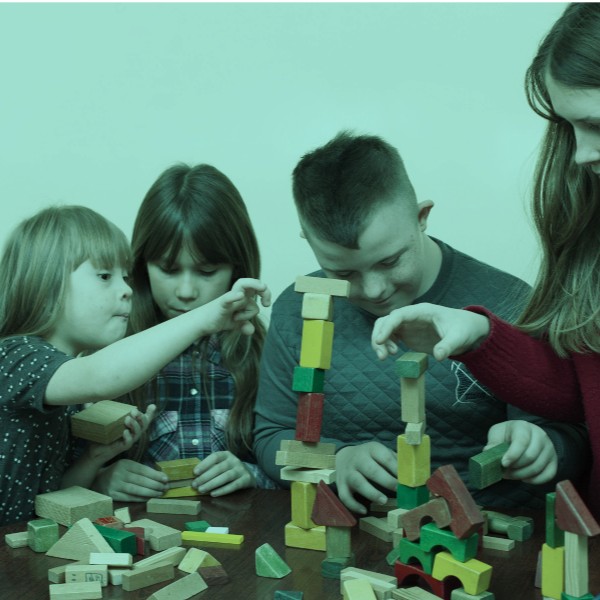The aim is for trainees to gain in-depth knowledge, develop skills and attitudes that will enable them to develop:
1. Critical Analysis Skills:
- Use scientifically supported fundamental concepts about Special Education and Inclusive Education.
- Use research and innovation processes as a basis for decision-making within the scope of their professional speciality.
- Conceive of Inclusion as a process of identifying and removing barriers to everyone's presence, participation, learning, integral development and sense of belonging.
2. Intervention Competences:
- Adapting the curriculum, content, strategies, methods and learning environments to promote access, permanence, participation, integral development and progress in the common curriculum for all students.
- Participating in the design and development of projects and interventions that promote inclusion and respond to the characteristics, potential and needs of students.
- Designing, implementing and evaluating curricula and intervention processes that are flexible, innovative and facilitate learning and participation, with the aim of inclusion.
3. Training, Supervision and Assessment Competence:
- Being part of training, supervision, assessment, intervention and support teams for learning and inclusion in educational, social and community contexts.
4. Consultancy skills:
- Supporting schools and other educational, social and community bodies in the design and implementation of educational and curricular projects that promote inclusion, with particular attention to students with specific educational, cognitive and motor needs.
- Advising and supporting the training centres of school associations and other training bodies in the planning and implementation of professional development programmes for teachers throughout their careers.
Transversal competence:
- Developing an ethical and reflective attitude, based on values such as social justice, democracy and respect for diversity, and on principles such as the common good and equal opportunities, assuming attitudes of empathy, collaboration and social responsibility in promoting a more equitable and inclusive school and society.











